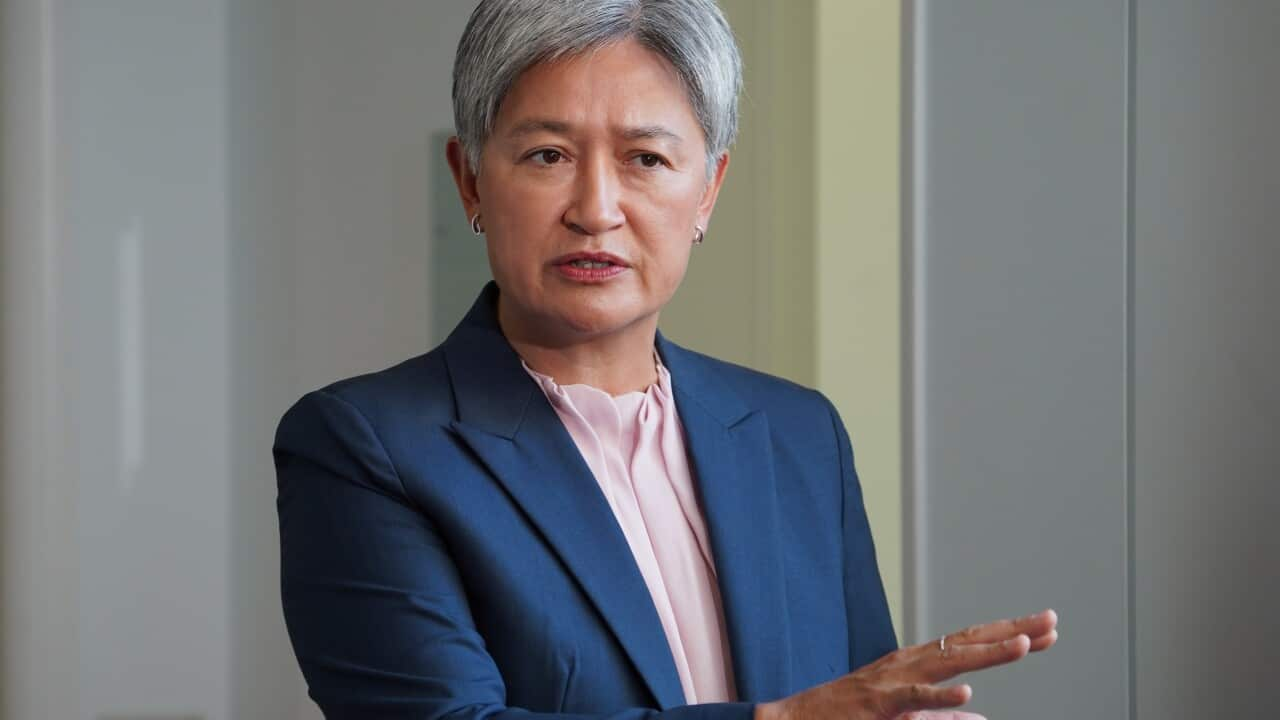Upon seizing power in 2021, the Taliban's education ministry barred girls from going to high school but signalled they would re-open the following year.
But less than a year into their rule, hours after girls resumed school for the first time in seven months, a government notice announced they would be closed again until the Taliban could create a new curriculum that would align with their austere interpretation of Islam.
Currently, the Taliban allows girls to attend school up to grade six. The only other avenue for teenage girls to learn is to attend religious schools, called madrasas.
The restrictions on girls education has prompted an underground network of lessons including a program run remotely by Massoud Foundation of Australia.
Bilal Waheed is the Executive Director of Foundation.
"I've been in touch with the girls on the ground. This is the form of resistance that they want to have to reinstate their rights of education, work and freedom."
Mr Waheed says along with the remote classes the Foundation supports lessons in person in Afghanistan.
Female teachers banned from teaching under theTaliban are secretly running the classes.
"We have taken every precaution in place to make sure we keep the risks very low. The classes are not run from one place. They are run from different places. This is to make sure that there are minimum risks, or no risks involved at all. I cannot go into details of how they are run because of their safety."
This girl in Afghanistan is one of many undertaking the clandestine lessons.
"There are many girls in Afghanistan like me who have lost their rights to work and education. We ask the world not to abandon us. but help us to regain our rights."
Not only have girls been banned from going to school the Taliban also closed universities for women, too.
Mitra Forugh fled Afghanistan with an arts degree right after the Taliban took over in August 2021.
Now she's holding arts classes online for women unable to get a tertiary education and seeking a creative outlet.
"The situation that they're in, in Afghanistan, is extremely difficult and unbearable and this is our responsibility. I can't sit idly by and just watch on."
With no known international initiatives set up to help girls get an education there, it's up to Afghan diaspora to step up.
And for those who've left Afghanistan, the drive to learn continues in Australia.
English classes in Melbourne are helping newly arrived refugees build a new life but not without the guilt of leaving their loved ones behind.
Naheed Rahman Zada is a refugee from Afghanistan now learning English in Melbourne.
"I've learnt a second language in Australia and I'm highly educated. But Afghan women and girls, who had hopes and dreams of continuing their education, they're all forced to stay at home. This troubles me a lot, it's really difficult."
In charge is Gula Bezhan - who not only takes care of classes here - but has set up a series of secret schools across Afghanistan with teachers hired conduct the classes in-person.
"When they shut down the schools, it was heartbreaking. I was very disappointed and said, we should do something, so we started schools there."
They're disguised as 'religious classes' - the only kind of education girls are allowed to receive under the Taliban.
At a dark time for girls where there was no means of gaining knowledge Australia's Afghans have shown them light.





